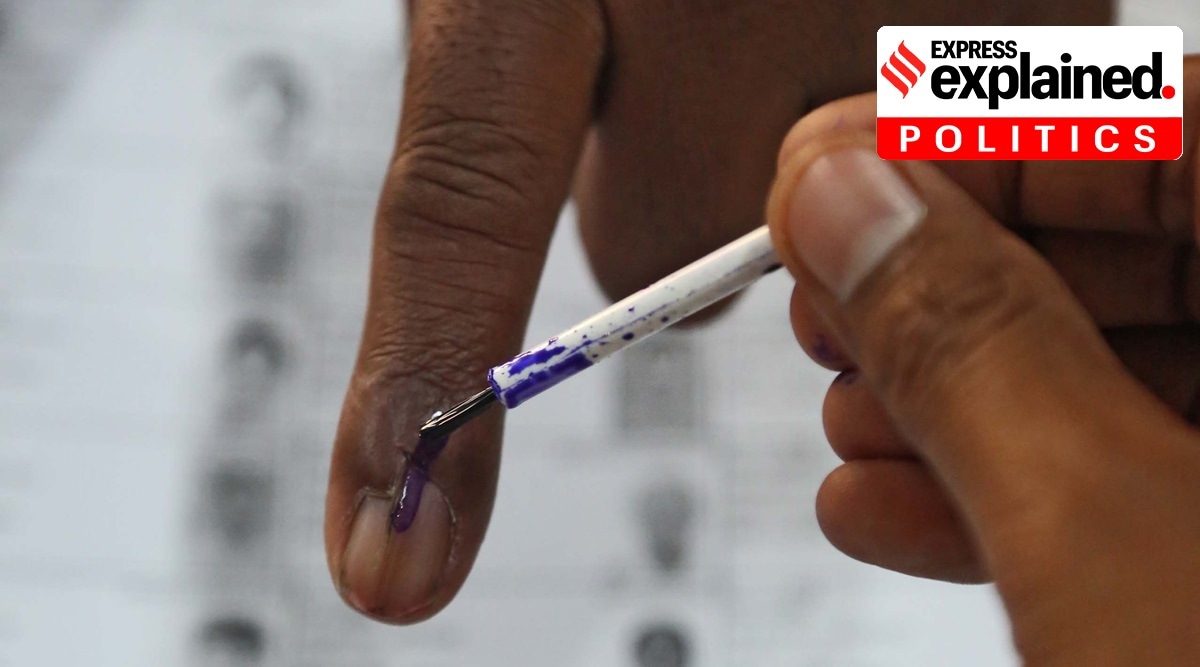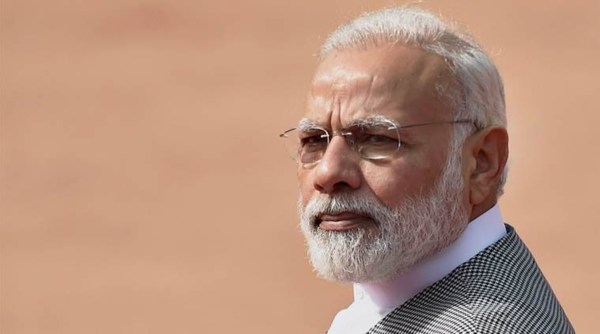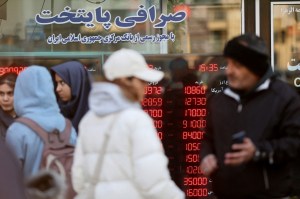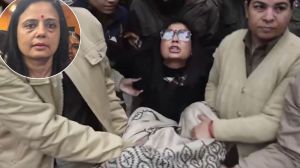The Prime Minister’s Office earlier this month held a meeting with representatives of the Election Commission and the Law Ministry to discuss the possibility of having a common electoral roll for elections to the panchayat, municipality, state assembly and the Lok Sabha. Prime Minister Narendra Modi has often pitched for a single voters list.

How many types of electoral rolls do we have in our country and why the distinction?
In many states, the voters’ list for the panchayat and municipality elections is different from the one used for Parliament and Assembly elections. The distinction stems from the fact that the supervision and conduct of elections in our country are entrusted with two constitutional authorities — the Election Commission (EC) of India and the State Election Commissions (SECs). Set up in 1950, the EC is charged with the responsibility of conducting polls to the offices of the President and Vice-President of India, and to Parliament, the state assemblies and the legislative councils. The SECs, on the other hand, supervise municipal and panchayat elections. They are free to prepare their own electoral rolls for local body elections, and this exercise does not have to be coordinated with the EC.
The case for joint pollsThe idea of simultaneous elections has been around for a while, and the BJP is all for it saying it will save public money and put to an end frequent elections which disrupt governance in poll-bound states. Last year, the government announced that a committee on 'One Nation One Election' would be constituted to work on the idea and submit a report to the Prime Minister.
So do all states have a separate voters list for their local body elections?
No. Each SEC is governed by a separate state Act. Some state laws allow the SEC to borrow and use the EC’s voter’s rolls in toto for the local body elections. In others, the state commission uses the EC’s voters list as the basis for the preparation and revision of rolls for municipality and panchayat elections.
Currently, all states, except Uttar Pradesh, Uttarakhand, Odisha, Assam, Madhya Pradesh, Kerala, Odisha, Assam, Arunachal Pradesh, Nagaland and the Union Territory of Jammu and Kashmir, adopt EC’s rolls for local body polls.
Story continues below this ad
 Prime Minister Narendra Modi has often pitched for a single voters list. (Express Photo/File)
Prime Minister Narendra Modi has often pitched for a single voters list. (Express Photo/File)
Why is the Union government working on a common electoral roll for elections to all local bodies, state assemblies and Lok Sabha?
First, the common electoral roll is among the promises made by the BJP in its manifesto for the Lok Sabha elections last year. It ties in with the party’s commitment to hold elections simultaneously to the Lok Sabha, state assemblies and local bodies, which is also mentioned in the manifesto. The incumbent government has pitched a common electoral roll and simultaneous elections as a way to save an enormous amount of effort and expenditure. It has argued that the preparation of a separate voters list causes duplication of essentially the same task between two different agencies, thereby duplicating the effort and the expenditure.
The pitch for a single voters list is not new. The Law Commission recommended it in its 255th report in 2015. The EC too adopted a similar stance in 1999 and 2004.
How does the government intend to implement it?
Story continues below this ad
In the meeting called by the Prime Minister’s Office on August 13, two options were discussed. First, a constitutional amendment to Articles 243K and 243ZA that give the power of superintendence, direction and control of preparation of electoral rolls and the conduct of local body elections to the SECs. The amendment would make it mandatory to have a single electoral roll for all elections in the country. Second, to persuade the state governments to tweak their respective laws and adopt the Election Commission’s (EC) voters list for municipal and panchayat polls.
📣 Express Explained is now on Telegram. Click here to join our channel (@ieexplained) and stay updated with the latest



 Prime Minister Narendra Modi has often pitched for a single voters list. (Express Photo/File)
Prime Minister Narendra Modi has often pitched for a single voters list. (Express Photo/File)




































